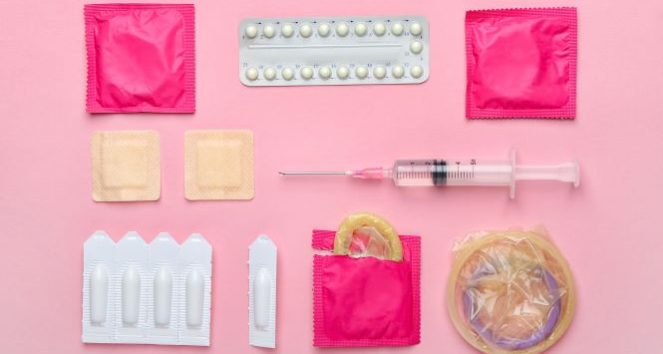
September 25, 2023
Every year on September 26th, we celebrate World Contraception Day (WCD), a global effort to bring awareness to a vital topic—access to contraceptives. Launched in 2007, WCD is an international campaign that works toward more comprehensive sexual and reproductive health education around contraceptives, as well as empowering people to make healthy decisions for their lives and futures.
Why Does This Matter to Teens?
Education about and access to contraceptives is always important but even more so lately since Roe v. Wade—the Supreme Court decision that protected the right to have a safe, legal abortion in the U.S.—was overturned. Contraceptives give us some say over when and how we choose to have children.
For many of us, much of sex education happens at school. However, this doesn’t mean it always includes adequate information about contraceptives (translation: various methods of preventing unintended pregnancy). “Thirty-eight states and the District of Columbia (Washington, D.C.) mandate sex education and/or HIV education,” according to the Guttmacher Institute. But what about the other states?
Actually, out of the 38 states that do mandate sex ed, just 20 of them and Washington, D.C. require that information on contraception be included. So, even if your school has sex ed, you may not be hearing about the value of contraception, let alone all the available options.
Educated Decisions
Instead of trying to prevent teens from hearing about sex, it would be helpful for schools to provide comprehensive education (including about contraception), that can help teens make educated choices if and when they do choose to have sex.
I don’t think learning about contraception “encourages” anything except for how to make good decisions about preventing unintended pregnancy. The truth is, many teens do choose to have sex, and shouldn’t they have this information? Even for those who aren’t having sex, it’s still important to know how to prepare yourself for the future. World Contraception Day focuses on this so people can start thinking about and researching types of contraceptives and how they work.
Many Options
There are multiple types of contraceptives available. You can always choose to be abstinent as well, but for if and when you choose to have vaginal sex, there are many options to prevent unintended pregnancy.
One note: while contraceptives are important for vaginal sex, condoms can help prevent sexually transmitted infections (STIs) for any type of sex, including vaginal, anal and oral. The only kind of contraceptive that prevents both unintended pregnancy and STIs is a condom.
The range of contraceptives available can be overwhelming, as well as understanding how they work and which may be best suited for you and your body. If one way doesn’t seem right, there are other options that may be equally as effective and a better fit for you.
For more information, check out this video and chart. You can always talk with a health care provider to get more information.
So, celebrate WCD for promoting awareness of contraceptives and encouraging people to make appropriate, safe and educated choices for themselves!
